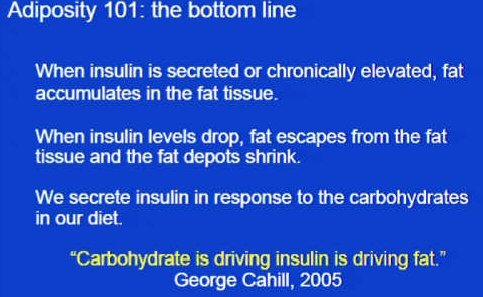Kronk
Full time employment: Posting here.
Yeah, the rebuttal is from the perspective of someone with a vested interest in the thing.
Al, the calories burned from muscle vs fat is really very minimal -- I forget if it is like 4 calories more for a pound of muscle than a pound of fat.
I think most people's instincts are pretty good, though: diet to lose fat and exercise to build muscle. Dieting without exercising reduces lean body mass (your muscles break down a bit), where exercising without dieting tends not to lose much if any fat. I've personally been doing the latter, and the Wednesday weigh-in thread will attest that my progress is very slow.
But I did love the Time article talking about the exercise group that went to Starbuck's to get muffins after working out. Heh.
Al, the calories burned from muscle vs fat is really very minimal -- I forget if it is like 4 calories more for a pound of muscle than a pound of fat.
I think most people's instincts are pretty good, though: diet to lose fat and exercise to build muscle. Dieting without exercising reduces lean body mass (your muscles break down a bit), where exercising without dieting tends not to lose much if any fat. I've personally been doing the latter, and the Wednesday weigh-in thread will attest that my progress is very slow.
But I did love the Time article talking about the exercise group that went to Starbuck's to get muffins after working out. Heh.

